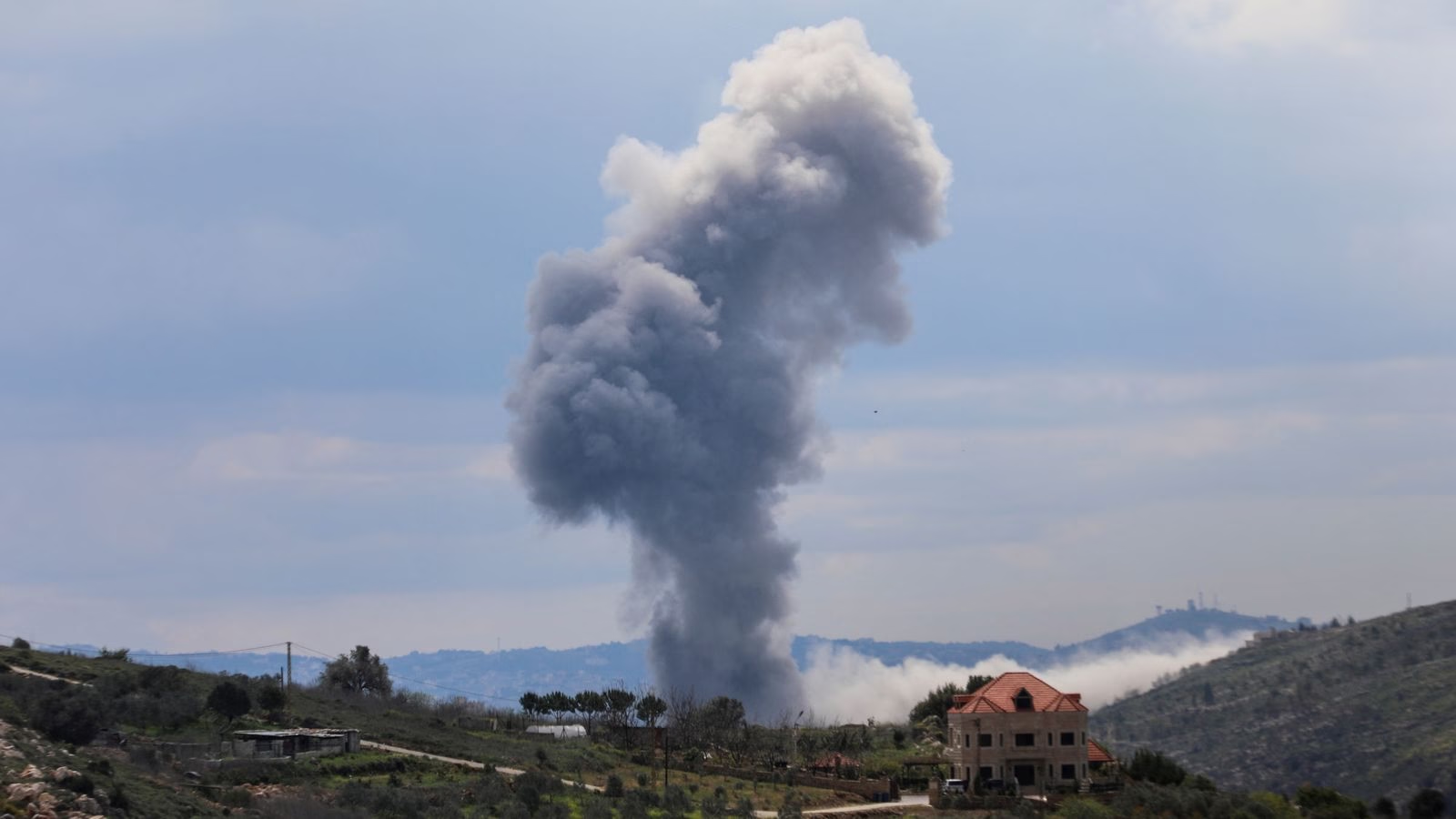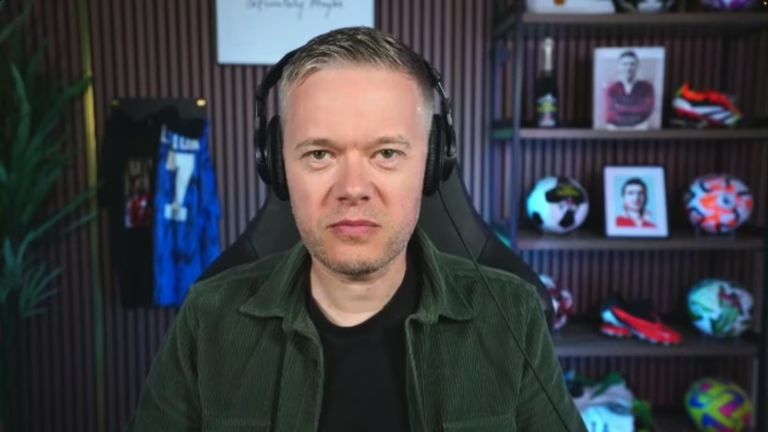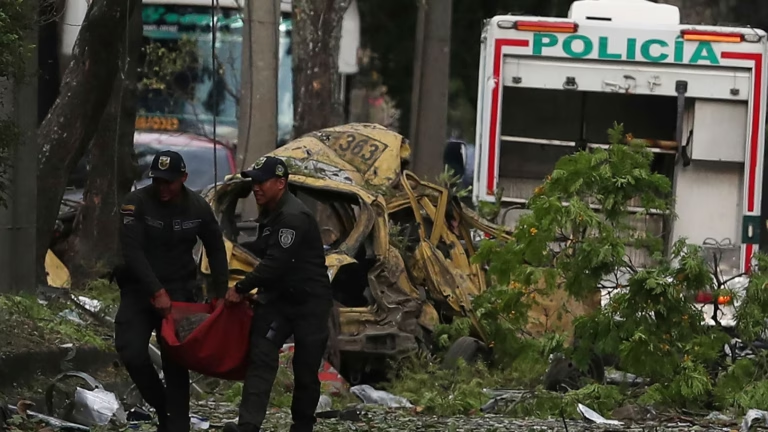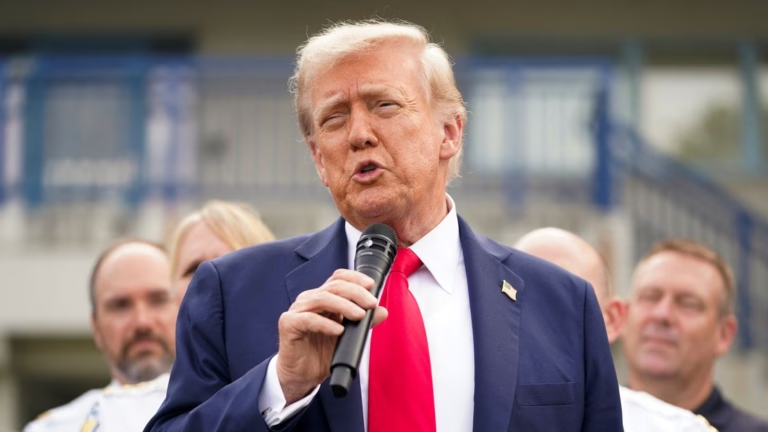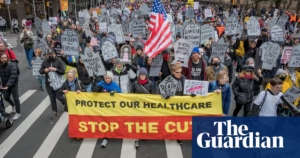Two individuals have been killed and eight others injured in southern Lebanon due to Israeli airstrikes, as reported by the Lebanese health ministry.
In response to “rocket fire” from Lebanon towards Israel, Israeli Prime Minister Benjamin Netanyahu ordered strikes on numerous “terrorist” targets. This happened on Saturday morning in Lebanon.
It marked the most intense exchange of fire since a US-brokered truce between Israel and the Lebanese militant group Hezbollah became effective last November.
The Israeli military reported intercepting three rockets launched from a Lebanese district about four miles north of the border towards the Israeli town of Metula. This is the second time since December that rockets have been fired into Israel from Lebanon.
Hezbollah has denied responsibility for the attack, stating they have “no link” to the launches and remain committed to the ceasefire. No group has claimed responsibility for the attack.
The fresh violence raises concerns about the stability of the fragile ceasefire.
According to the Lebanese state news agency NNA, citing Lebanon’s health ministry, two people were killed and eight wounded by Israeli attacks.
NNA reported a series of Israeli airstrikes and artillery barrages in the country’s war-battered south, including border towns and hilltops around five miles into Lebanese territory.
The strikes also come a day after Israel announced it would intensify operations in Gaza “until Hamas frees the 59 hostages it holds – 24 of whom are believed to be alive.
Hezbollah initiated launching rockets, drones, and missiles into Israel following Hamas’s Oct. 7, 2023, attack.
The Israel-Hezbollah conflict escalated into a full-blown war in September as Israel launched extensive airstrikes and eliminated most of the militant group’s senior leaders.
More on Sky News:
Israel claims Hamas intelligence chief ‘eliminated’
UN: Teachers, doctors, and nurses among those killed in Israeli strikes
The fighting has resulted in over 4,000 deaths in Lebanon and displaced approximately 60,000 Israelis.
As per the ceasefire agreement in November, Israeli forces agreed to leave all Lebanese territory by late January.
The deadline was extended to February 18 by an agreement between Lebanon and Israel.
However, since then, Israel has remained in five locations in Lebanon, opposite communities in northern Israel, and carried out numerous airstrikes on southern and eastern Lebanon, claiming to target Hezbollah.
Lebanon has appealed to the UN to force Israel to completely leave the country.
Lebanon’s Prime Minister Nawaf Salam has requested the Lebanese military to take all necessary actions in the south but stated in a statement that the country doesn’t intend to return to war.
The United Nations Interim Force in Lebanon (UNIFIL) expressed alarm at the potential escalation of violence and called on all parties to avoid actions that might undermine the progress made, stating that further escalation could have severe consequences for the region.



